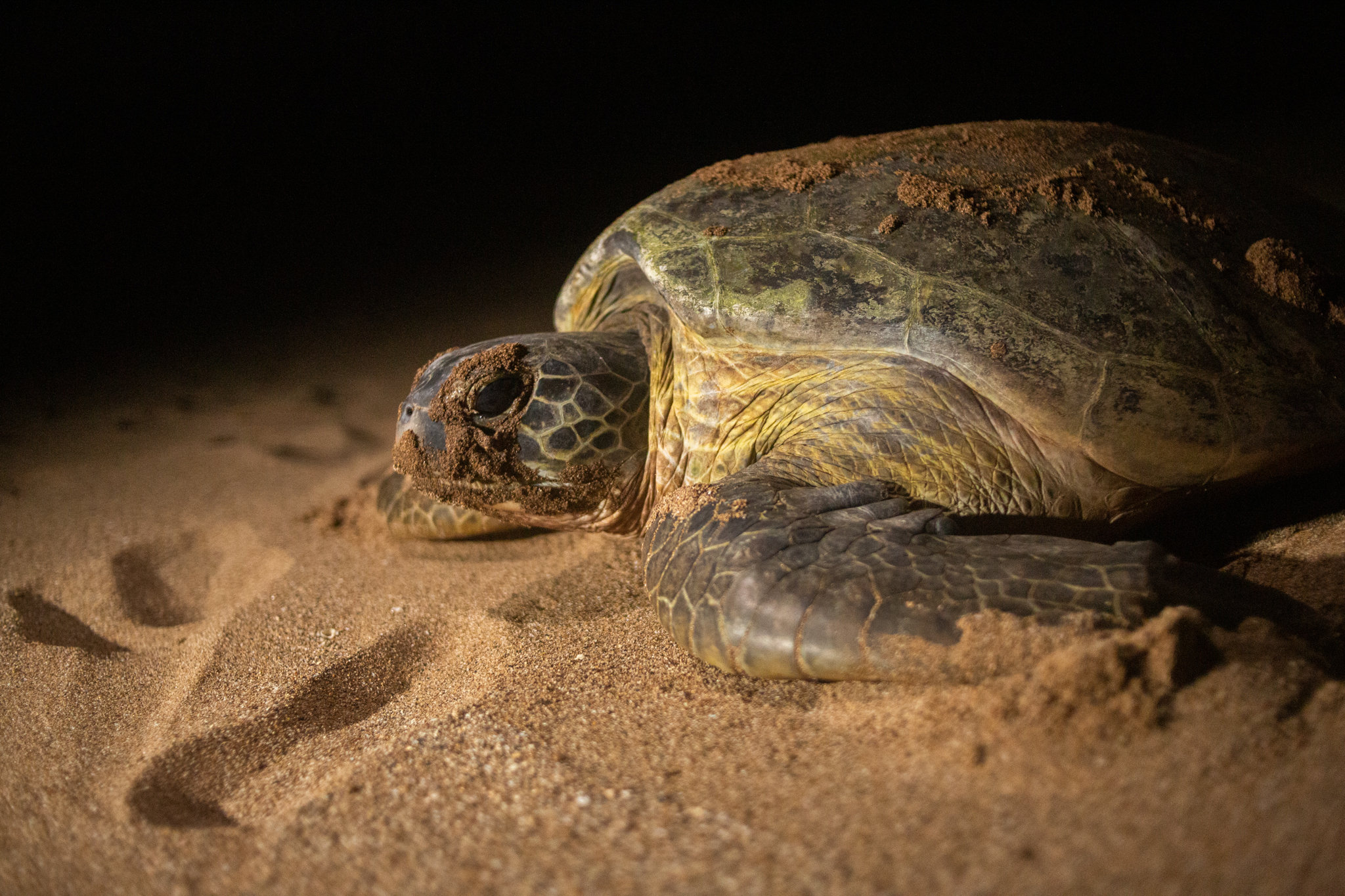Protecting biodiversity in Comoros: a vital priority for the country, Africa, and the world
October 9, 2024

Boundouni Lake in Moheli Park, the first nature reserve in the Comoros Archipelago, was created with the support of UNDP through funding from the Global Environment Facility (GEF), and later backed by the French Development Agency.
As the planet faces unprecedented environmental challenges, the protection of biodiversity has become a global imperative. The Union of Comoros, with its unique ecosystems, plays a critical role in this fight. Recognized as one of the 25 global biodiversity hotspots by Conservation International and one of 35 critical regions by WWF, Comoros is not just a national treasure but also a vital heritage for Africa and the rest of the world.
Protecting this biodiversity is not merely a local issue. These ecosystems play a key role in regulating the climate, preserving natural resources, and providing essential ecosystem services that support life on Earth. As major international conferences approach, such as the COP16 on biodiversity, the COP29 on climate, and the COP16 on combating desertification, Comoros’ sustainable biodiversity management sends a powerful message to the global community: the fight against climate change and the preservation of natural resources are inseparable. What Comoros is achieving in terms of protecting its ecosystems has a direct impact on the rest of the continent, Asia, and beyond.
Partnerships: A Driver for Ecological Transition
To address the growing pressures from climate change, deforestation, and unsustainable fishing, the Comorian government has made ambitious commitments through the Comoros Emerging Plan 2030.

Endangered species: Eulemur Mongoz, Common Big-eyed Lemur, Livingstone's Fruit Bat, Comoros Blue PIgean Alectroenas Sganzini.
The country aims to reduce its greenhouse gas (GHG) emissions by 23% and increase its CO2 absorption capacity by 47% by 2030. This ambitious ecological transition, positioning Comoros as a carbon sink, is supported by strategic partners like the United Nations Development Programme (UNDP) and the French Development Agency (AFD).
This collaboration is built on synergies amongst sustainable development, biodiversity conservation, the blue and green economy, and universal access to clean water. With funding from the Global Environment Facility (GEF), UNDP and AFD are helping to strengthen the country’s ability to meet its environmental targets while also improving the living conditions of local communities.
Success of Moheli National Park and Local Impact
A notable example of this partnership is Moheli National Park. Created with the support of UNDP through GEF funding and later backed by AFD, this park led to Moheli Island being designated a UNESCO biosphere reserve in 2020.

Moheli Park, the first protected area in Comoros
The park is now internationally recognized as the world's leading nesting site for sea turtles, with 30,000 landings each year. This success also highlights the essential role of local communities in preserving their environment, a recognition underscored by the Equator Initiative Prize awarded to Moheli in 2002.

Thousands of green turtles nest each year on the five beaches that make up the Itsamia coastline in Moheli Park.
Ambitious Projects for a Sustainable Future
Today, the partnership between UNDP and AFD continues through three projects: the UNDP/GEF Biodiversity Project, the GEF-funded Blue Green Island (BGI) project, and the AFD-funded ULANGA MALI project, supported by the European Union. These initiatives focus on protecting key ecosystems and transforming sectors such as tourism and food production to build a blue and green economy. Additionally, these projects support the Great Blue Wall, a continental initiative aimed at fostering a regenerative blue economy by creating sustainable development opportunities for local communities.

Eco-guards on patrol in the Moya forest in Anjouan, Comoros.
Persistent Challenges, but Ongoing Efforts
Comoros continues to face colossal environmental challenges. In the past 20 years, the country has lost 28% of its forest cover, and strategic coastal areas have receded by 30 meters due to erosion. The impacts of natural disasters and climate change threaten biodiversity. Nevertheless, the efforts of local communities to co-manage these vital resources, which provide them with food, goods, and essential services, reflect a collective commitment to protecting this natural heritage.
Together, with the determination of Comoros and the support of international partners, we can implement concrete solutions to ensure a sustainable future for Comoros, Africa, and the entire world.

Islets of Nioumachoi, Moheli, Comoros

 Locations
Locations



